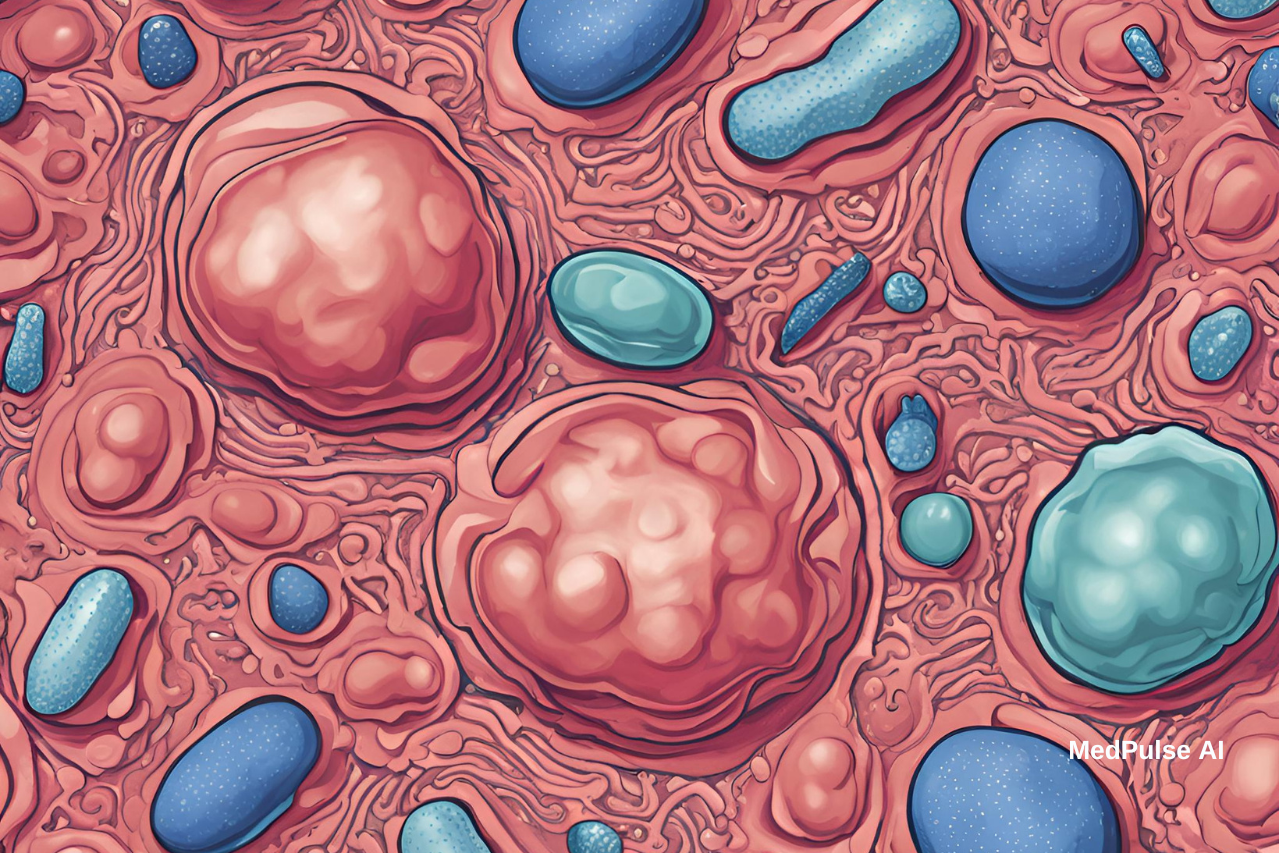The future of medicine is here, and artificial intelligence (AI) is leading the charge. In a significant development, Insilico Medicine, a biotechnology company at the forefront of AI-powered drug discovery, announced that the U.S. Food and Drug Administration (FDA) has granted Investigational New Drug (IND) clearance for ISM5939. This AI-designed drug is set to enter clinical trials for the treatment of solid tumors, marking a pivotal moment in the fight against cancer.
What Makes ISM5939 Unique?
ISM5939 is no ordinary drug. It targets an enzyme called ecto-nucleotide pyrophosphatase/phosphodiesterase 1 (ENPP1), which plays a critical role in the progression of certain cancers. ENPP1 regulates purinergic signaling, a process that impacts immune responses and cancer metastasis. Elevated levels of ENPP1 have been linked to poorer outcomes in cancer patients, making it an attractive target for new therapies.
But what truly sets ISM5939 apart is its origin story. This drug was developed using Insilico Medicine’s proprietary AI platform, Chemistry42, which significantly accelerated the discovery and optimization process. Unlike traditional drug development, which can take years, the molecular structure of ISM5939 was identified and optimized within just three months.
The Role of ENPP1 in Cancer
ENPP1’s influence on cancer stems from its ability to regulate extracellular cyclic GMP-AMP (cGAMP) levels. cGAMP is a critical signaling molecule that activates the cGAS-STING pathway, an essential part of the body’s innate immune response. By inhibiting ENPP1, ISM5939 enhances this pathway, bolstering the immune system’s ability to recognize and attack cancer cells. This mechanism could lead to improved outcomes for patients with solid tumors, who often face limited treatment options.
How AI is Revolutionizing Drug Discovery
The approval of ISM5939 represents more than just another step in cancer treatment—it symbolizes the transformative power of AI in medicine. Traditionally, developing a new drug involves painstakingly testing millions of compounds, a process that can take over a decade and cost billions of dollars. AI, however, is changing the game.
Platforms like Chemistry42 use algorithms to sift through vast amounts of data, identifying promising molecular structures in record time. This approach not only speeds up the process but also reduces costs, allowing researchers to focus on the most promising candidates. In the case of ISM5939, AI helped scientists move from concept to preclinical testing in a fraction of the time.
This isn’t Insilico Medicine’s first success story, either. ISM5939 is the tenth AI-designed drug from the company to reach the clinical trial stage. These milestones underscore the growing trust in AI as a tool to solve some of the most complex challenges in drug development.
Preclinical Success: What We Know So Far
Before receiving IND clearance, ISM5939 underwent rigorous preclinical testing to evaluate its safety, efficacy, and pharmacokinetics (how the drug behaves in the body). Results were promising:
- Efficacy: ISM5939 demonstrated strong anti-tumor effects in animal models, shrinking tumors and preventing their spread.
- Safety: The drug exhibited a favorable safety profile, with minimal side effects.
- Pharmacokinetics: Studies showed that the drug has excellent absorption and distribution characteristics, making it a strong candidate for clinical trials.
These findings suggest that ISM5939 could be a game-changer for cancer patients, especially those with hard-to-treat solid tumors.
The Clinical Trial Journey
With FDA clearance secured, Insilico Medicine will now proceed with Phase 1 clinical trials, the first step in assessing ISM5939’s safety and effectiveness in humans. This phase will involve a small group of participants, focusing on identifying the optimal dosage and monitoring for side effects.
If successful, ISM5939 will move to Phase 2 and Phase 3 trials, where larger groups of patients will test the drug’s efficacy in combating cancer. Clinical trials are a critical part of bringing any new drug to market, ensuring that it is both safe and effective for widespread use.
The Broader Implications of AI-Driven Medicine
ISM5939’s journey highlights a broader trend in healthcare: the integration of AI into every aspect of medicine. From diagnostics to treatment planning, AI is helping doctors and researchers make faster, more informed decisions.
Potential Benefits of AI-Designed Drugs
- Personalized Medicine: AI can analyze patient data to develop treatments tailored to individual needs, increasing effectiveness.
- Cost Reduction: By streamlining research, AI lowers the financial burden of drug development, potentially making treatments more affordable.
- Faster Approvals: With AI accelerating discovery and testing, life-saving drugs can reach patients sooner.
Challenges and Ethical Considerations
While the promise of AI is exciting, it also raises important questions. Who owns the data used to train AI models? How do we ensure that AI-designed drugs are accessible to everyone, not just those in wealthy countries? Addressing these issues will be crucial as AI becomes a larger part of healthcare.
A Glimpse Into the Future: AI and Cancer Treatment
The potential of AI-designed drugs like ISM5939 goes beyond just treating cancer. Researchers are already exploring how AI can identify drug combinations to improve outcomes, predict patient responses, and even discover cures for rare diseases.
AI is also revolutionizing cancer diagnostics. Tools powered by machine learning can analyze medical images, detect cancer earlier than traditional methods, and provide insights into treatment options. These advancements, combined with AI-driven drug discovery, could usher in a new era of personalized, effective cancer care.
What This Means for Patients
For cancer patients, especially those with solid tumors, ISM5939 offers new hope. If clinical trials confirm its safety and efficacy, the drug could provide a much-needed alternative for patients who have exhausted existing treatments. Its unique mechanism of action, targeting ENPP1 to boost the immune response, represents a novel approach that could complement existing therapies like chemotherapy and immunotherapy.
Looking Ahead
The FDA’s clearance of ISM5939 is a testament to the power of innovation in medicine. As AI continues to evolve, it will undoubtedly play an even greater role in shaping the future of healthcare. For now, the focus is on the upcoming clinical trials, which will determine whether ISM5939 can live up to its promise.
Insilico Medicine’s success with ISM5939 serves as a reminder that the fight against cancer is far from over—but with the help of AI, we are making strides that were once thought impossible.
Join the Conversation
What are your thoughts on the role of AI in drug development? Do you think it’s the future of medicine, or are there still hurdles to overcome? Share your opinions below!





